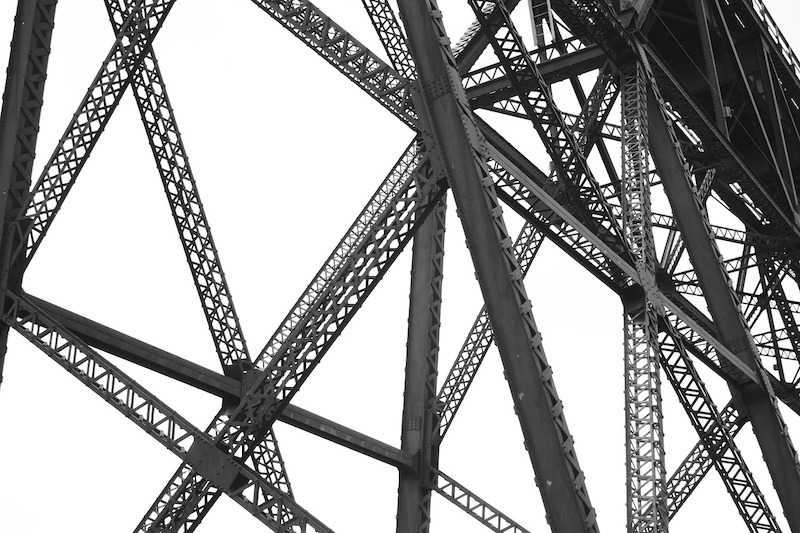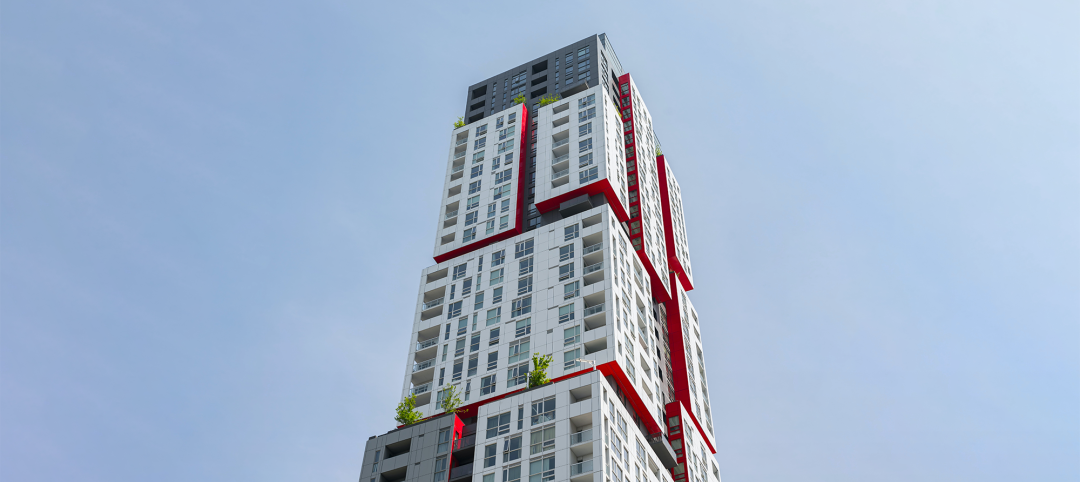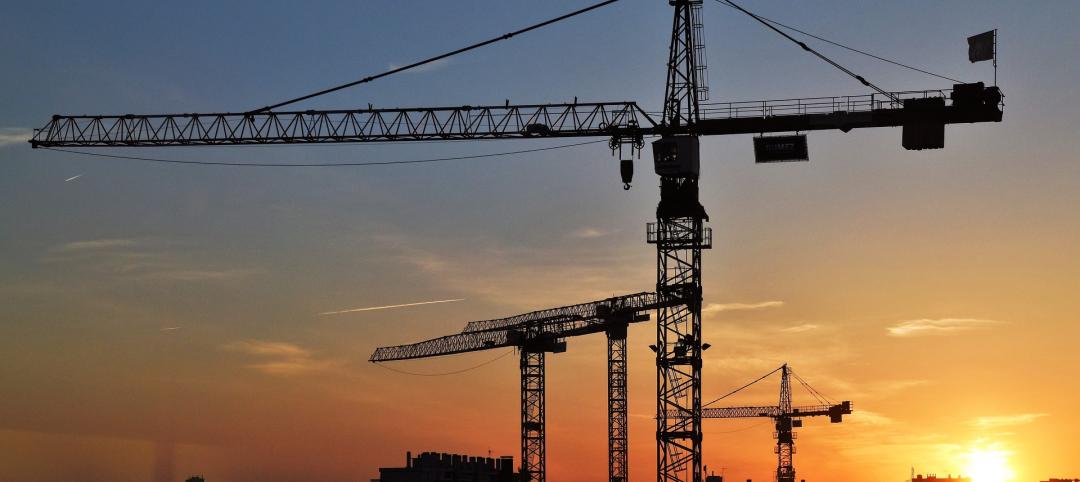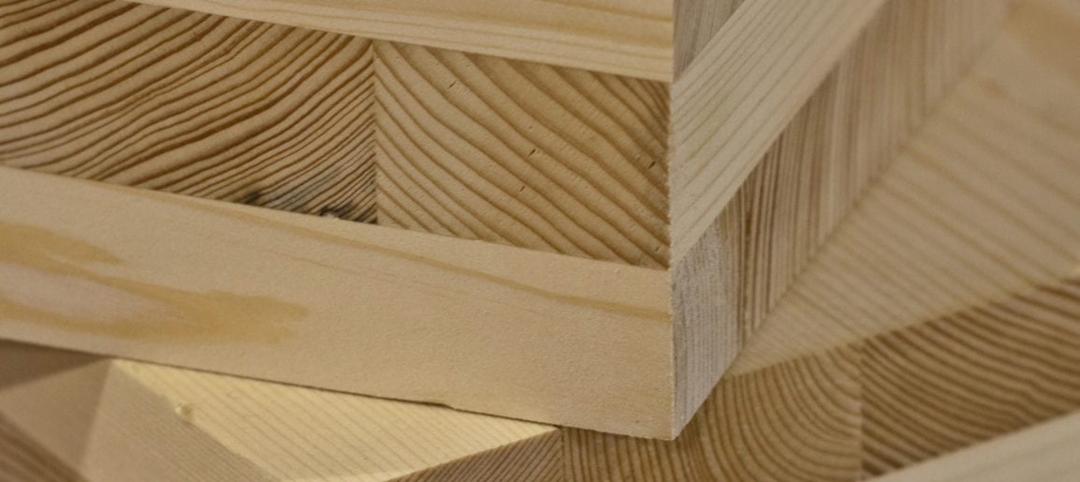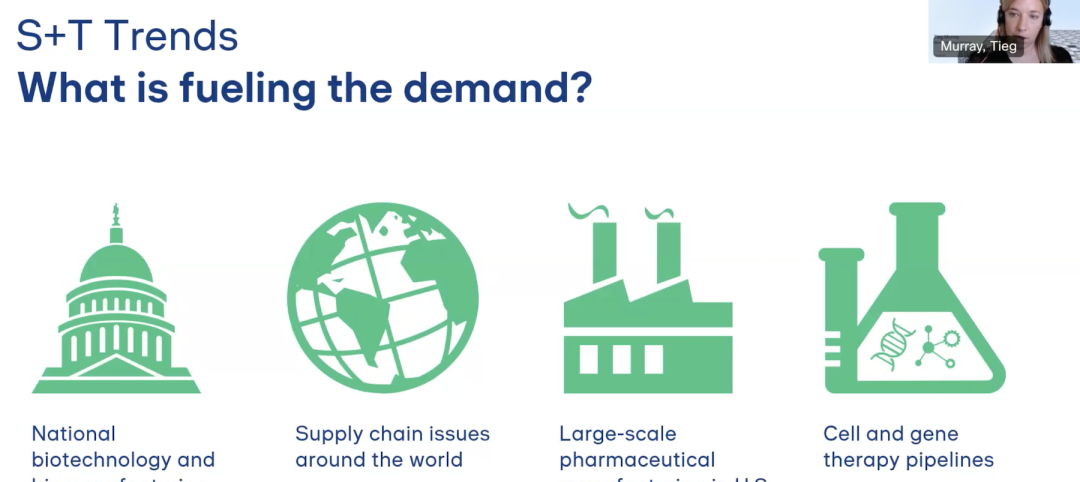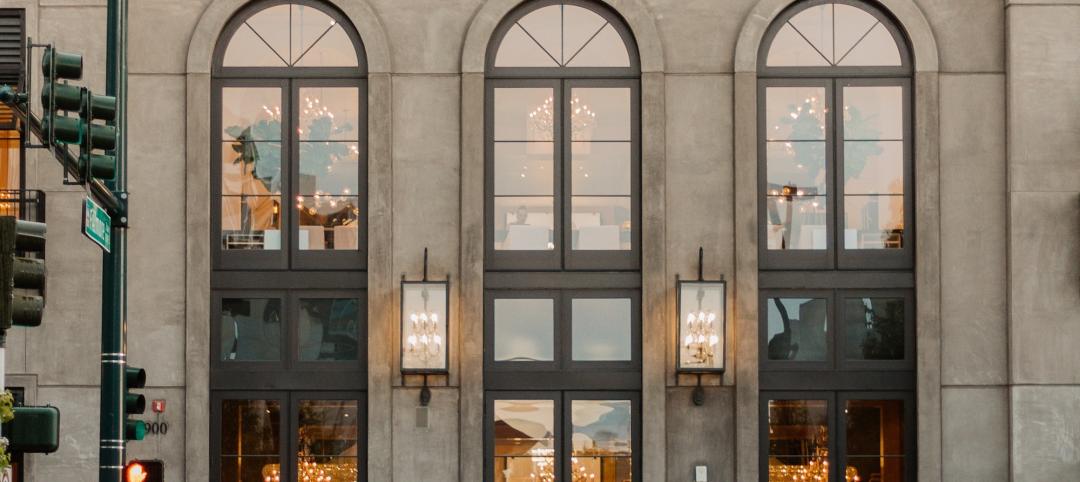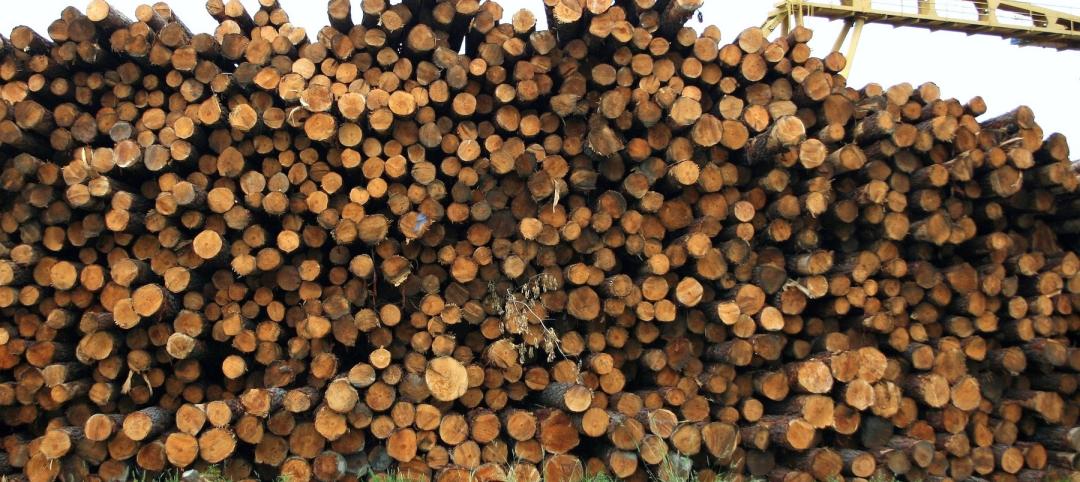Construction costs increased once again in March, according to IHS Markit (NYSE: INFO) and the Procurement Executives Group (PEG). The current headline IHS Markit PEG Engineering and Construction Cost Index registered 50.2, a figure barely above the neutral mark. The last time the headline index registered an almost flat pricing was in November 2016. After 40 months, the materials and equipment index came in at 49.4, indicating falling prices. The sub-contractor labor index showed continued price increases, with an index reading of 52.0.
Survey respondents reported falling prices for five out of the 12 components within the materials and equipment sub-index. These included ocean freight (Asia to U.S. and Europe to U.S.), fabricated structural steel, carbon steel pipe, copper-based wire and cable. Prices for five categories rose while prices for two categories (alloy steel pipe and exchangers) remained the same. Index figures for all categories dropped relative to February, indicating that a greater proportion of the respondents are observing lower prices. The sharpest drops were reported for ocean freight.
“Ocean freight has taken a notable hit with the onset of coronavirus,” said Deni Koenhemsi, senior economist with IHS Markit. “As China tried to contain COVID-19, industrial production contracted substantially, and the transportation of goods nearly came to a halt. In the first two months of 2020, U.S. imports from Asia dropped 6.2 percent year-over-year, and imports from China were down 15.5 percent. Although the number of blank sailings is beginning to taper off-meaning we will see higher imports from China to United States-the rapid spread of the virus in Europe and North America could cause the downward trend to continue.”
The sub-index for current subcontractor labor costs came in at 52.0 for March. For the United States, labor cost remained flat in the Northeast, Midwest and West, but increased in the South. For Canada, the labor cost index was flat in western Canada but rose for eastern Canada.
The six-month headline expectations for future construction costs index reflected increasing prices for the 43rd consecutive month, registering 58.2, a sharp decline from February’s reading of 67.6. The six-month materials and equipment expectations index came in at 57.6 this month, down from 68.0 last month. Prices for all materials, equipment and freight are expected to rise with the exception of carbon steel pipe and exchangers, which are expected to see flat pricing. Expectations for sub-contractor labor slipped to 59.7 in March. All regions of the U.S. are expected to see higher labor costs; labor costs in Canada are expected to stay flat.
In the survey comments, respondents noted lower demand conditions due to the coronavirus.

To learn more about the IHS Markit PEG Engineering and Construction Cost Index or to obtain the latest published insight, please click here.
Related Stories
Industry Research | Dec 28, 2022
Following a strong year, design and construction firms view 2023 cautiously
The economy and inflation are the biggest concerns for U.S. architecture, construction, and engineering firms in 2023, according to a recent survey of AEC professionals by the editors of Building Design+Construction.
Self-Storage Facilities | Dec 16, 2022
Self-storage development booms in high multifamily construction areas
A 2022 RentCafe analysis finds that self-storage units swelled in conjunction with metros’ growth in apartment complexes.
Market Data | Dec 13, 2022
Contractors' backlog of work reaches three-year high
U.S. construction firms have, on average, 9.2 months of work in the pipeline, according to ABC's latest Construction Backlog Indicator.
Contractors | Dec 6, 2022
Slow payments cost the construction industry $208 billion in 2022
The cost of floating payments for wages and invoices represents $208 billion in excess cost to the construction industry, a 53% increase from 2021, according to a survey by Rabbet, a provider of construction finance software.
Mass Timber | Dec 1, 2022
Cross laminated timber market forecast to more than triple by end of decade
Cross laminated timber (CLT) is gaining acceptance as an eco-friendly building material, a trend that will propel its growth through the end of the 2020s. The CLT market is projected to more than triple from $1.11 billion in 2021 to $3.72 billion by 2030, according to a report from Polaris Market Research.
Market Data | Nov 15, 2022
Construction demand will be a double-edged sword in 2023
Skanska’s latest forecast sees shorter lead times and receding inflation, but the industry isn’t out of the woods yet.
Reconstruction & Renovation | Nov 8, 2022
Renovation work outpaces new construction for first time in two decades
Renovations of older buildings in U.S. cities recently hit a record high as reflected in architecture firm billings, according to the American Institute of Architects (AIA).
Market Data | Nov 3, 2022
Building material prices have become the calm in America’s economic storm
Linesight’s latest quarterly report predicts stability (mostly) through the first half of 2023
Building Team | Nov 1, 2022
Nonresidential construction spending increases slightly in September, says ABC
National nonresidential construction spending was up by 0.5% in September, according to an Associated Builders and Contractors analysis of data published today by the U.S. Census Bureau.
Hotel Facilities | Oct 31, 2022
These three hoteliers make up two-thirds of all new hotel development in the U.S.
With a combined 3,523 projects and 400,490 rooms in the pipeline, Marriott, Hilton, and InterContinental dominate the U.S. hotel construction sector.


